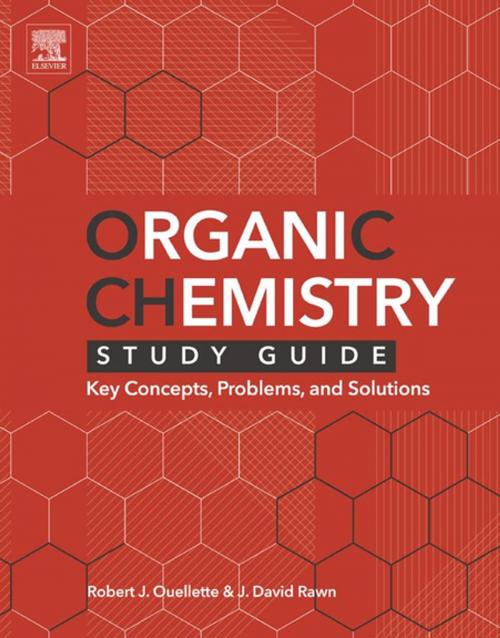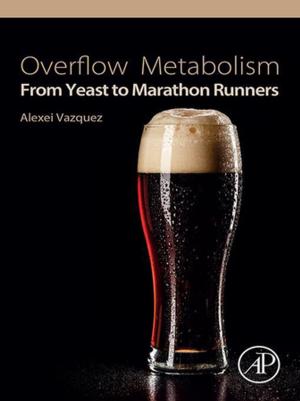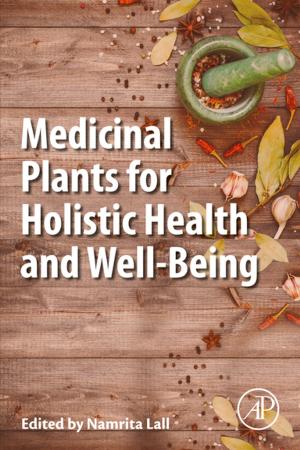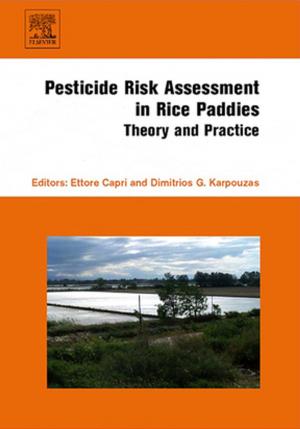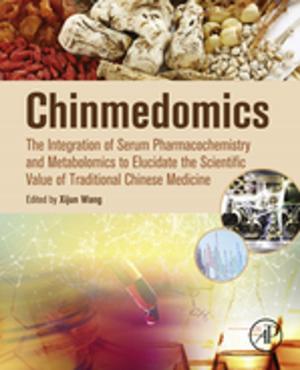Organic Chemistry Study Guide
Key Concepts, Problems, and Solutions
Nonfiction, Science & Nature, Science, Chemistry, Organic| Author: | Robert J. Ouellette, J. David Rawn | ISBN: | 9780128018644 |
| Publisher: | Elsevier Science | Publication: | April 30, 2015 |
| Imprint: | Elsevier | Language: | English |
| Author: | Robert J. Ouellette, J. David Rawn |
| ISBN: | 9780128018644 |
| Publisher: | Elsevier Science |
| Publication: | April 30, 2015 |
| Imprint: | Elsevier |
| Language: | English |
Organic Chemistry Study Guide: Key Concepts, Problems, and Solutions features hundreds of problems from the companion book, Organic Chemistry,and includes solutions for every problem. Key concept summaries reinforce critical material from the primary book and enhance mastery of this complex subject.
Organic chemistry is a constantly evolving field that has great relevance for all scientists, not just chemists. For chemical engineers, understanding the properties of organic molecules and how reactions occur is critically important to understanding the processes in an industrial plant. For biologists and health professionals, it is essential because nearly all of biochemistry springs from organic chemistry. Additionally, all scientists can benefit from improved critical thinking and problem-solving skills that are developed from the study of organic chemistry.
Organic chemistry, like any "skill", is best learned by doing. It is difficult to learn by rote memorization, and true understanding comes only from concentrated reading, and working as many problems as possible. In fact, problem sets are the best way to ensure that concepts are not only well understood, but can also be applied to real-world problems in the work place.
- Helps readers learn to categorize, analyze, and solve organic chemistry problems at all levels of difficulty
- Hundreds of fully-worked practice problems, all with solutions
- Key concept summaries for every chapter reinforces core content from the companion book
Organic Chemistry Study Guide: Key Concepts, Problems, and Solutions features hundreds of problems from the companion book, Organic Chemistry,and includes solutions for every problem. Key concept summaries reinforce critical material from the primary book and enhance mastery of this complex subject.
Organic chemistry is a constantly evolving field that has great relevance for all scientists, not just chemists. For chemical engineers, understanding the properties of organic molecules and how reactions occur is critically important to understanding the processes in an industrial plant. For biologists and health professionals, it is essential because nearly all of biochemistry springs from organic chemistry. Additionally, all scientists can benefit from improved critical thinking and problem-solving skills that are developed from the study of organic chemistry.
Organic chemistry, like any "skill", is best learned by doing. It is difficult to learn by rote memorization, and true understanding comes only from concentrated reading, and working as many problems as possible. In fact, problem sets are the best way to ensure that concepts are not only well understood, but can also be applied to real-world problems in the work place.
- Helps readers learn to categorize, analyze, and solve organic chemistry problems at all levels of difficulty
- Hundreds of fully-worked practice problems, all with solutions
- Key concept summaries for every chapter reinforces core content from the companion book
